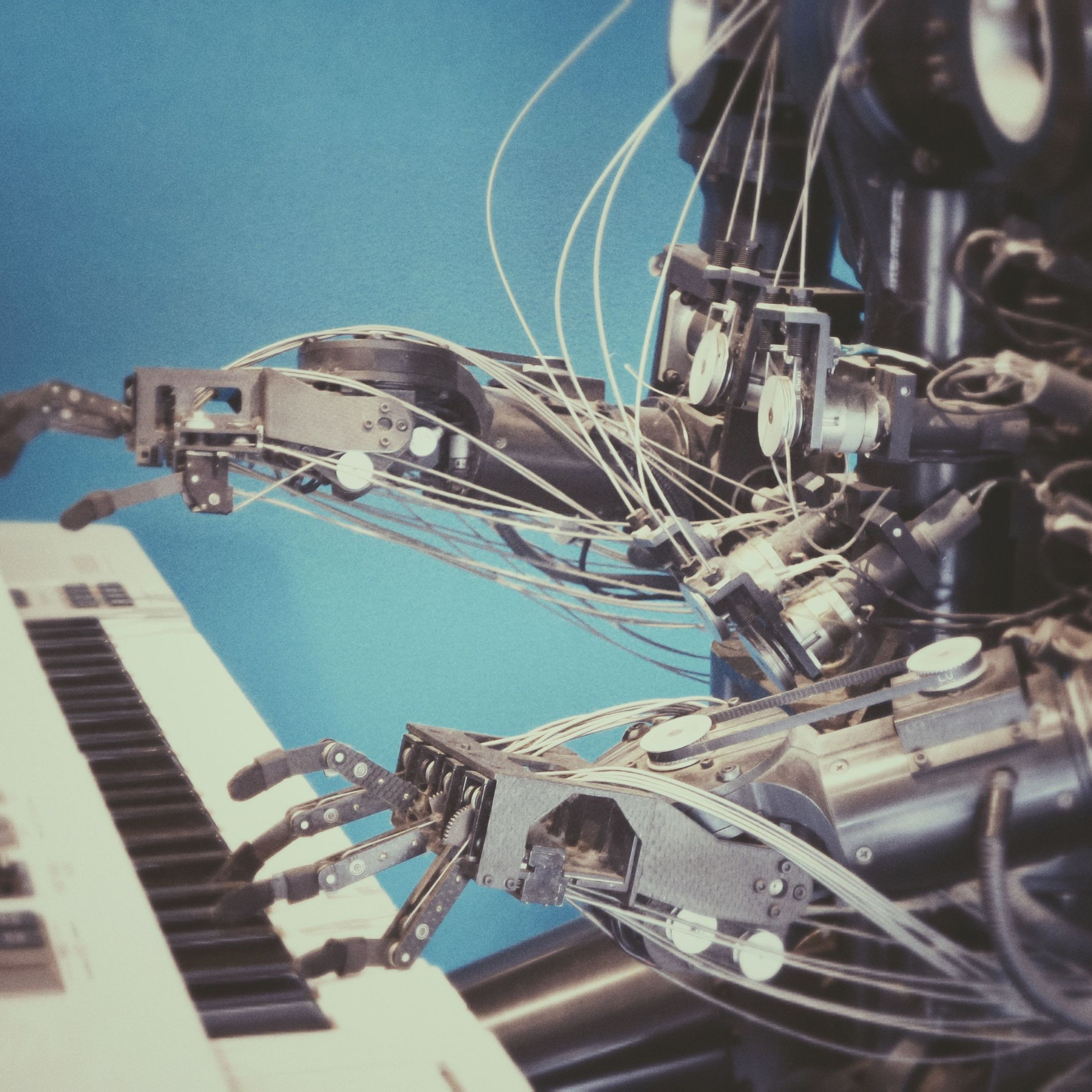I asked an AI to write an article on the ethics of using it as a writing tool. Here's what it said.

The Ethics of AI in Blogging: Should We Allow Machines to Write Our Content?
The rise of artificial intelligence is changing many industries, including blogging and content creation. AI tools like ChatGPT can now generate entire blog posts and articles at the touch of a button. This has sparked an ethical debate - should we allow machines to write content meant for human audiences?
On one hand, AI promises several benefits for bloggers and content creators. It can help generate drafts and ideas far faster than humans could. For bloggers who need to produce a lot of content regularly, AI could significantly boost their productivity. It also lowers the barrier for creating high-quality content, allowing more people to become bloggers and citizen journalists.
However, there are also risks associated with over-relying on AI for content creation. Here are some key ethical concerns:
Originality and Plagiarism
AI tools work by analyzing vast datasets of existing writing and learning to imitate styles and patterns. This means AI-generated text risks being unoriginal or plagiarizing others' work. Even if the AI doesn’t copy verbatim, its output could still fail to bring a unique perspective. This goes against the expectations of readers who want authentic, original content from bloggers.
Quality and Accuracy
Unlike human writers, AI lacks real-world knowledge and reasoning skills. As a result, its writing could contain false information, unverified facts, or logical errors. This becomes especially problematic for content on specialized or technical topics. Relying solely on AI could erode the accuracy and quality that readers expect from expert bloggers.
Transparency
Many feel bloggers should be transparent if they use AI writing assistants. However, currently there are no standards or regulations requiring disclosure of AI use. Readers could be misled into thinking a blog’s content was written by a human when it was actually machine-generated. This violates principles of authenticity and transparency.
Economic Impact
Widespread adoption of AI content could disrupt the economics of blogging. For example, some estimates suggest AI could replace up to 20% of content marketing jobs. Over-reliance on AI could put professional freelance writers and other content creators out of work. This economic impact needs to be handled responsibly.
Undermining Human Creativity
Some argue AI-generated content lacks the creativity, style, and voice that human writers bring. While AI can expertly imitate writing, it cannot yet truly understand emotions or inject a unique personality into text. Prioritizing machine-written content could undermine the aspects of blogging that celebrate human creativity.
So where should we draw the ethical lines for AI in blogging? Here are some best practices to consider:
Use AI tools thoughtfully as assistants, not full replacements for human writing. Allow humans to direct the creative process and provide quality control.
Edit and build upon AI-generated drafts instead of publishing the raw output untouched. Bring your own perspective.
Avoid using AI for specialized, technical topics. Focus on using it for more general or conversational blog content instead.
Disclose if a blog post was assisted by AI. Be transparent about the creative process.
Support and collaborate with human writers, editors, analysts who augment AI capabilities.
Develop regulations to ensure AI doesn’t undermine content quality, economics, or trust.
With the right framework, AI and humans can ethically co-create blog content that meets readers' expectations. But we must thoughtfully weigh the risks and responsibilities as AI capabilities grow. The principles of creativity, transparency and authenticity should drive how AI is integrated into blogging - not just efficiency and productivity.
 NRH
NRH